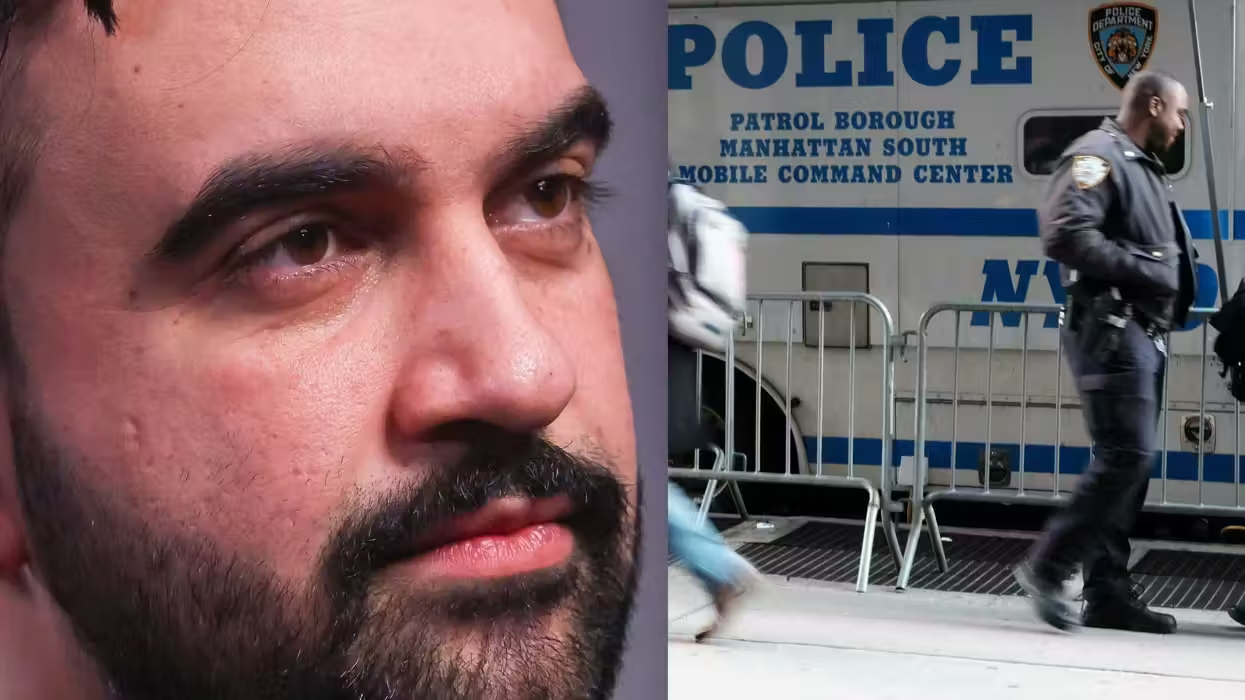
© 2026 Blaze Media LLC. All rights reserved.
Study: Say Bye-Bye to Wrinkles, Cataracts and Diseases by Removing 'Deadbeat' Cells
November 03, 2011
Mayo Clinic researchers think they have found a solution to help not only prevent wrinkles, cataracts and muscle degeneration but also diseases and tumors that result because of aging.
What they found was that if they killed senescent cells -- cells that are no longer functioning or dividing -- in lab mice, the mice retained their more youthful features. But making patients look young isn't the ultimate goal.
"By attacking these cells and what they produce, one day we may be able to break the link between aging mechanisms and predisposition to diseases like heart disease, stroke, cancers and dementia," said co-author James Kirkland, head of Mayo's Robert and Arlene Kogod Center on Aging and the Noaber Foundation Professor of Aging Research in the news release. "There is potential for a fundamental change in the way we provide treatment for chronic diseases in older people."
This is the first study of its kind to show that removing these cells will have any effect one way or the other. Our immune system is generally sweeping away non-functioning cells all the time, but with aging it becomes less and less effective at doing so, allowing these retired cells to accumulate.
The New York Times reports that when the researchers removed these cells the mice exhibited the following characteristics:
They did not develop cataracts, avoided the usual wasting of muscle with age, and could exercise much longer on a mouse treadmill. They retained the fat layers in the skin that usually thin out with age and, in people, cause wrinkling.
How did researchers take out these cells? They genetically engineered mice to have a molecule that identified senescent cells. The researchers then exposed these mice to a drug only effecting cells with this identifier molecule. The drug created holes in these cells' membranes, thus killing the cells.
The current research does not support that killing off these cells will extend lives. The Times reports that researchers used a type of short lived lab mouse prone to heart attacks and that they plan to conduct the experiment with mice that don't have this problem.
This research, of course, still would need to be proven effective for humans. The study was published in Nature online.
[H/T Gizmodo]
Want to leave a tip?
We answer to you. Help keep our content free of advertisers and big tech censorship by leaving a tip today.
Want to join the conversation?
Already a subscriber?
more stories
Sign up for the Blaze newsletter
By signing up, you agree to our Privacy Policy and Terms of Use, and agree to receive content that may sometimes include advertisements. You may opt out at any time.
Related Content
© 2026 Blaze Media LLC. All rights reserved.
Get the stories that matter most delivered directly to your inbox.
By signing up, you agree to our Privacy Policy and Terms of Use, and agree to receive content that may sometimes include advertisements. You may opt out at any time.







